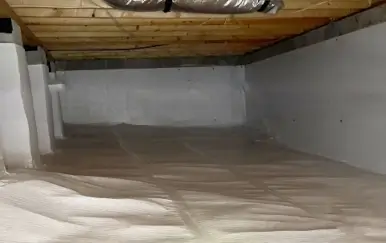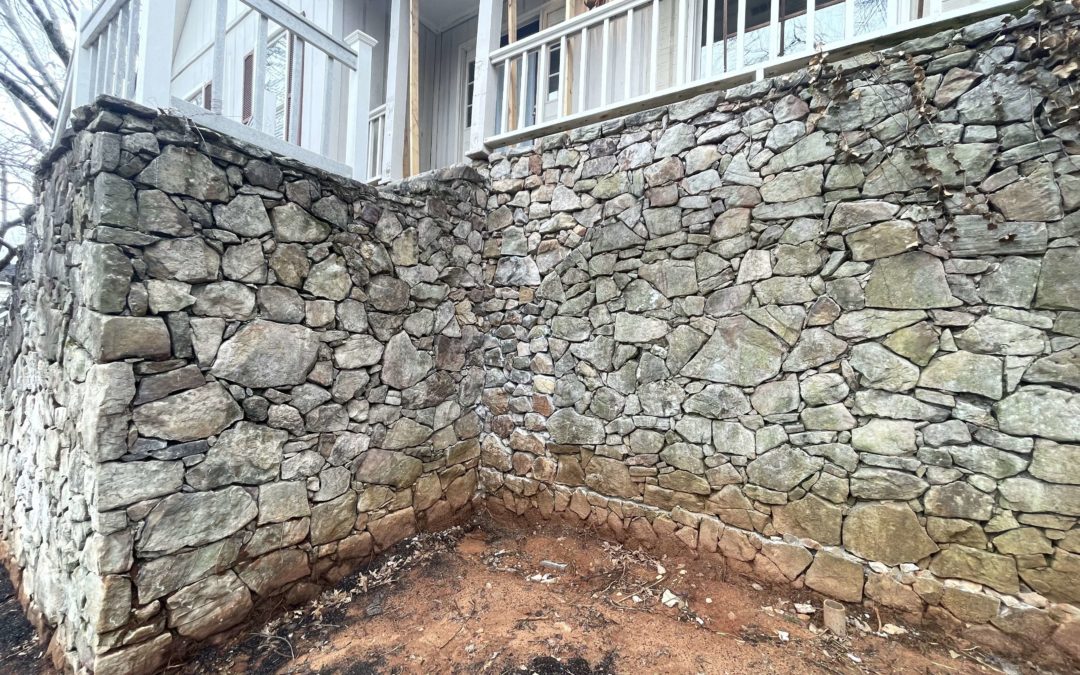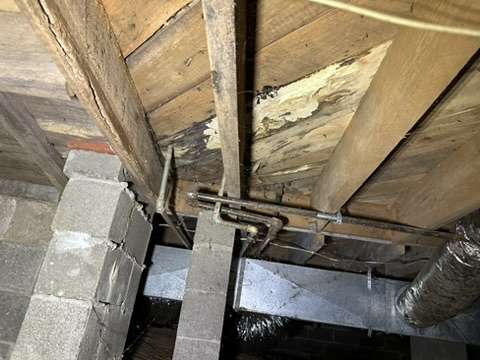As a homeowner in Birmingham, you’re likely familiar with our area’s unique charm – and perhaps, some of its challenges, especially regarding your home’s foundation. Seeing a crack in your foundation can be unsettling, and for good reason. It’s more than just a cosmetic flaw; it’s often a crucial warning sign that shouldn’t be ignored.
Here in Alabama, our heavy rainfall, expansive clay-rich soils, and fluctuating humidity create a perfect storm for foundation issues. When these environmental factors combine, they can put immense pressure on your home’s structure, leading to cracks.
If left unaddressed, these seemingly small issues can compromise your home’s stability, significantly reduce its value, and lead to far more extensive and costly repairs down the road.








